Religion
In this section religions, religious belief and many elements of religiosity are explored and discussed. Early pagan beliefs in Britain and Ireland to the worship of gods across Europe are explored as are the religious changes that monotheism introduced. How religion affects themes of power, individuality and architecture are debated as are key historical movements such as the Reformation and the crusades.
Sort by:
Date (Newest first) | Title A-Z
Show:
All |
Articles |
Podcasts |
Multipage Articles
-

The Venerable Bede: recent research
ArticleClick to view -
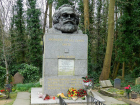
The burial dilemma
ArticleClick to view -
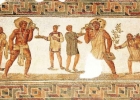
The end of the Roman Empire
ArticleClick to view -
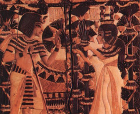
The many queens of Ancient Egypt
ArticleClick to view -

The secret diaries of William Wilberforce
ArticleClick to view -

Thomas Muir and the 'Scottish Martyrs' of the 1790s
ArticleClick to view -
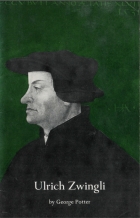
Ulrich Zwingli
ArticleClick to view -
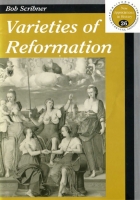
Varieties of Reformation
ArticleClick to view -

What Have Historians Been Arguing About... the impact of the English Reformation
ArticleClick to view -

What did it mean to be a city in early modern Germany?
ArticleClick to view -
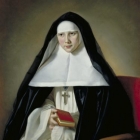
Who were the Nuns? English Convents in Exile 1600-1800
ArticleClick to view -
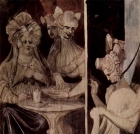
Women and the Politics of the Parish in England
ArticleClick to view -
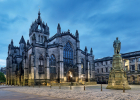
‘By his Majesties authoritie’: worship and religious policy in Caroline Britain and Ireland
ArticleClick to view

